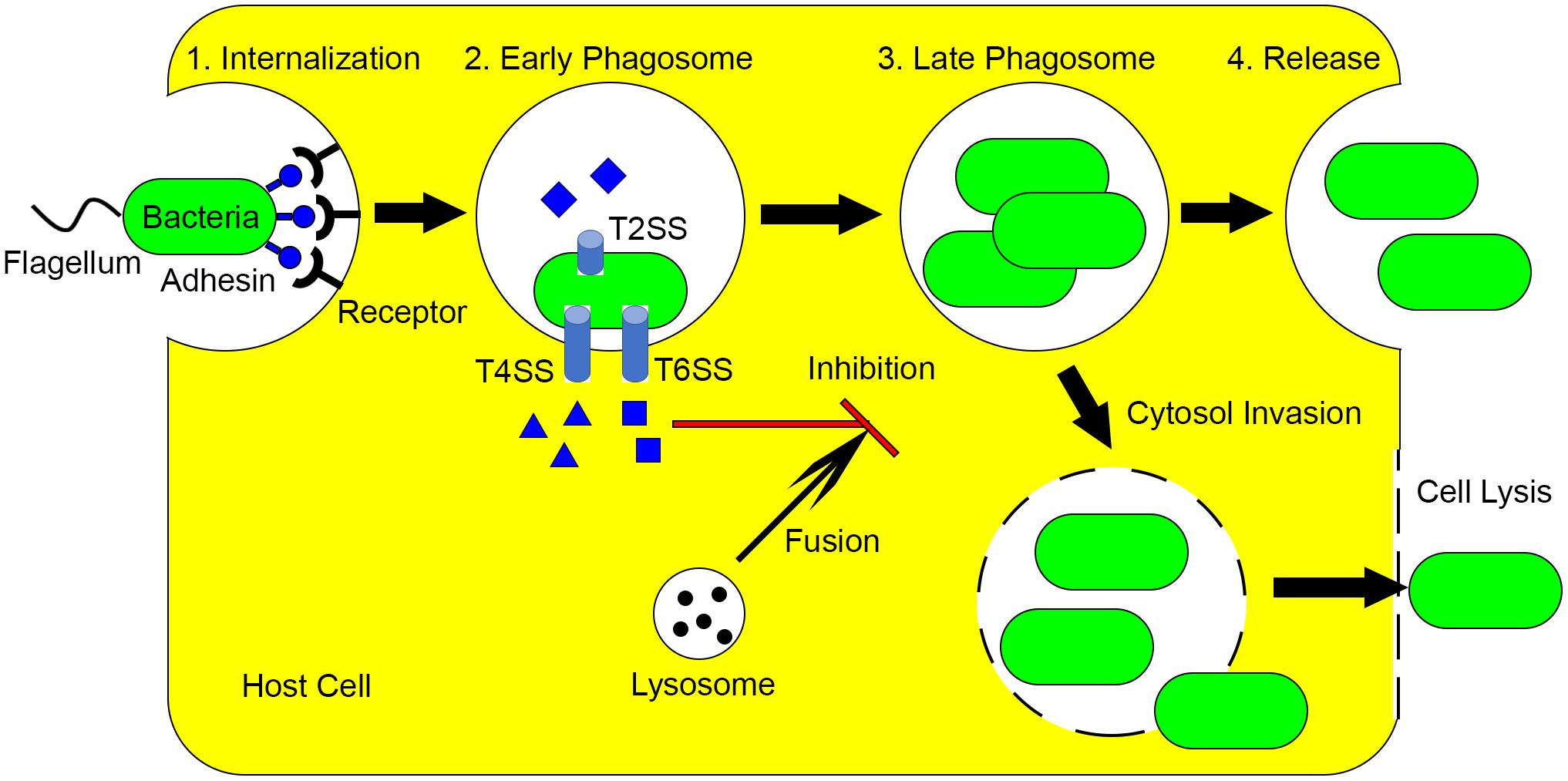Pathogenic bacteria that stubbornly lurk in some apple-packing facilities may be sheltered and protected by harmless bacteria that are known for their ability to form bio films, according to Penn State researchers, who suggest the discovery could lead to development of alternative food borne-pathogen-control strategies.
That was the key finding that emerged from a study of three tree-fruit-packing facilities in the Northeast where contamination with Listeria monocytogenes was a concern. The research, done in collaboration with the apple industry, was an effort to better understand the microbial ecology of food-processing facilities. The ultimate goal is to identify ways to improve pathogen control in the apple supply chain to avoid foodborne disease outbreaks and recalls of apples and apple products.
"This work is part of Penn State's efforts to help producers comply with standards set forth in the federal Food Safety Modernization Act, often referred to as FSMA," said researcher Jasna Kovac, assistant professor of food science, College of Agricultural Sciences. "The Department of Food Science at Penn State, through research and extension activities, has an ongoing collaboration with the apple industry, led by Luke LaBorde, professor of food science."
In the study, researchers sought to understand the composition of microbiota in apple-packing environments and its association with the occurrence of the foodborne pathogen Listeria monocytogenes. Their testing revealed that a packing plant with a significantly higher Listeria monocytogenes occurrence was uniquely dominated by the bacterial family Pseudomonadaceae and the fungal family Dipodascaceae.

Biofilms are a collection of microorganisms that attach to a surface and then secrete a slimy material that slows down the penetration of cleaners and sanitizers, Kovac explained. "If a pathogenic bacterium is enclosed in a biofilm formed by microbiota, it is more likely that cleaning and sanitizing procedures will be less effective," she said. "This is a novel perspective, and it may well explain how Listeria monocytogenes has persisted in food-processing plants despite repeated efforts to kill and remove it."
The findings of the research, published today (Aug. 21) in Microbiome, provide insight into the Listeria contamination problem and may lead to researchers and the apple industry getting closer to solving it, Kovac believes. Equipment in fruit-processing plants -- such as brush conveyors -- have a poor sanitary design that makes them difficult to clean and sanitize, she pointed out. She and LaBorde plan to work with the apple industry to devise more effective cleaning and sanitizing strategies.
"Following up on these findings, we are experimenting with some of the nonpathogenic strains of bacteria that are not harmful to humans to see whether they can be used as biocontrols," she said. "Once applied on the surfaces of the equipment in these environments, they may be able to outcompete and suppress Listeria, thus reducing food-safety risks and potential regulatory action. We are still exploring that approach in a controlled laboratory environment. If it proves to be feasible, we would like to test it in apple-packing and processing facilities."

No comments:
Post a Comment